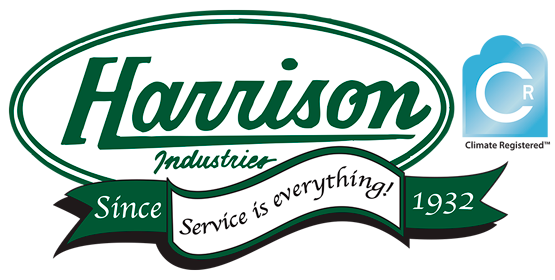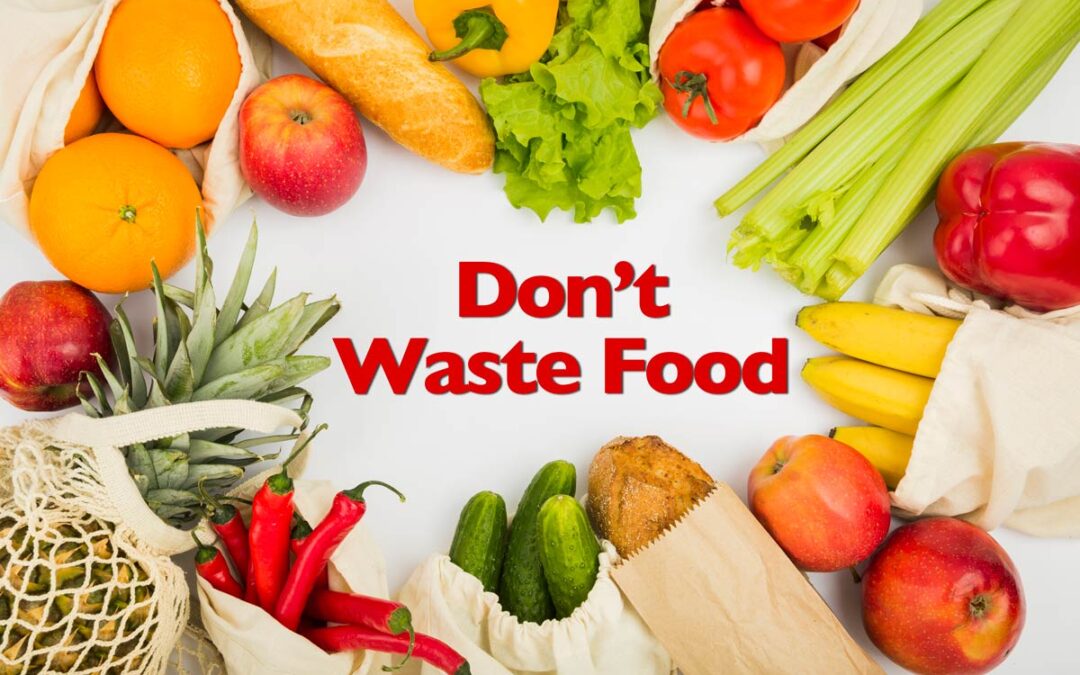We Americans waste a lot of food. According to the U.S. Department of Agriculture, each of us tosses out about a pound of food each day, on average.
That amounts to about a third of all the food that’s produced in our country – and about 150,000 tons of food EVERY DAY. Fruits and vegetables are the most likely to be discarded, followed by dairy and meat.
What a massive waste of resources – and money! In dollars, it’s estimated to equal $218 billion a year – more than the state of California’s annual budget.
Even as we look ahead to the coming of curbside food waste recycling, we all should do our part to shop smarter and waste less. Here are some easy tips to reduce food waste:
Shop smart
- Browse at home first. Before you shop, survey your fridge and cupboards to avoid buying food you already have.
- Eat before you shop. Impulse food buying goes through the roof when we’re hungry. We shop much smarter when our bellies are full.
- Have a menu. Make a list of the meal and snack ingredients you’ll need to feed your household until your next shopping trip. (Pro tip: Include a “leftovers night.”) This will greatly help you buy only what you need.
- Buy fresh foods in small quantities. Perishables are, of course, the most wasted foods. Seriously consider how much you really eat. Don’t buy four salad meals if you’re only likely to eat two. Don’t buy a dozen bananas for one person.
Store food effectively
- Prominently display perishables. Before you put your fresh food items away, take the time to wash, dry and prep them and then place them in clear storage containers for easy use.
- Consider your containers. Use storage bags or filtered bins designed to help extend the life of your produce.
- Check sell-by dates. Eat the food in order of stated or likely expiration.
- Do your homework. Learn which fruits and vegetables stay fresh longer inside or outside the fridge.
- Use your freezer. Whenever possible, freeze items for later. Many perishables can be frozen – including a lot that may surprise you. Here’s a partial list: nuts; fresh fruits including seedless grapes, bananas, berries and avocados; fresh veggies including onions, peppers, spinach, mushrooms and corn; fresh herbs; tomato paste, purees and sauces; soups and chili; mashed potatoes; rice and other grains; cooked pasta; fresh milk and buttermilk; yogurt; butter; eggs; cheese; and bacon. Note: Many foods will need to be stored specially and thawed in particular ways; Google it for details.
Give back to the Earth!
- Compost. Even without your trash hauler’s help, a lot of your food waste, as well as yard and other waste, can bypass your trash, recycling and yard waste barrels – via home compost systems. Backyard composting bins can be simple, but you have to pay attention to the instructions, as they do require particular amounts of heat, moisture, content balance and care.
What’s compostable? Here’s a partial list: produce; eggshells; coffee grounds and filters; tea bags; nutshells; shredded newspaper; yard trimmings and grass clippings; houseplants, hay and straw; leaves; sawdust and wood chips; cotton and wool rags; dryer and vacuum lint; hair and fur; and fireplace ashes.Contact your local city or garden center for details and any available incentives to set up a home composter.

